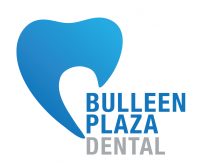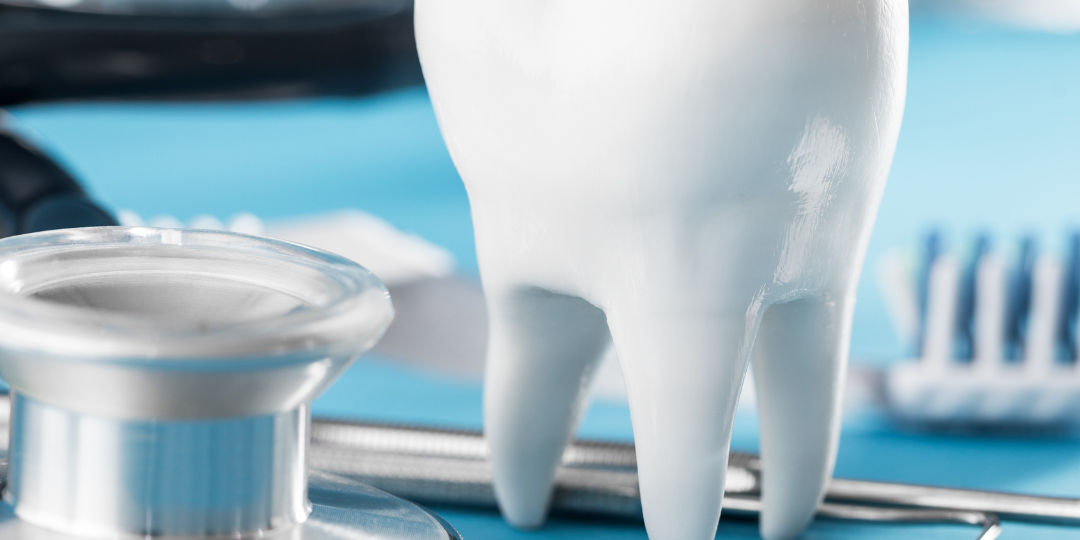Chipped teeth are quite common, for adults and children alike, and they’re notably easy to achieve. In fact, it only requires a little bit of contact, the right angle, and no small amount of bad luck for practically anyone to chip a tooth.
Because they are so common, there have been many advances in treatment options over the years. A chipped tooth today can be repaired to the point that it is almost impossible to tell a chip ever existed.
Here are the things that you can do for your chipped tooth while at home and before seeing your dentist in Bulleen.
- To help prevent infection and relieve pain, rinse your mouth with warm salt water.
- When there is bleeding, apply pressure with clean gauze to the affected area. If this does not work, use a teabag to stop bleeding.
- To reduce swelling, place and ice pack on your cheek where the chipped tooth is. Put a clean and thin cloth in between the ice pack and your face.
- It is advisable to use a temporary dental cement on the chipped tooth if your dentist in Bulleen is not available yet.
- When you chip your tooth, it can be sharp that it might hurt your tongue or cheeks. Put sugarless gum or dental wax to the chipped tooth to keep it from cutting your tongue or the inside of your lip and cheek.
- If you cannot tolerate the pain, take an over-the-counter medication such as paracetamol. You may also apply clove oil to the painful gums to numb the area.
- Consume soft foods. Avoid biting down on the broken tooth.
- Use dental floss to remove food caught between your teeth. Food that stays between your teeth can add to the pressure of chewing.
- While playing physical sports, use a protective mouth guard. Do the same if you grind your teeth while sleeping.
Aside from looking funny, other consequences of leaving a chipped tooth untreated include:
Cuts In The Mouth
The sharp edges of a chipped tooth can cut you cheek, tongue, or gums, making for painful wounds in your mouth that could make talking and eating uncomfortable.
Tooth Sensitivity
A chipped tooth can cause tooth decay, which will end up causing tooth sensitivity. Also, a piece of protective enamel will be missing, exposing the inner tooth nerves and making the tooth sensitive to pressure, and hot, cold, sweet, and acidic food and drinks.
Broken Tooth
A chipped tooth can easily become a broken tooth since the fracture weakens it. So if you chew something hard, your chipped tooth will be at greater risk of breaking. And if it breaks, it will require more extensive treatments for restoring the tooth than simply fixing a chipped tooth.
Infection
Deep chips can cause bacteria to enter the tooth, leading to damage, infections, and abscesses in the pulp and root, painful toothaches, and potentially requiring root canals or extractions.
Treatment options
If the only damage is to the surface enamel and the chip is so small that it causes no concern for the health of the tooth, your dentist in Bulleen may recommend no action be taken. Sometimes though, even where the damage is this minor it can still cause problems for the patient if the rough edge of the chip is causing damage to the soft tissues of the tongue or cheeks. This can lead to painful cuts and abrasions which also cause discomfort, especially when eating. Your dentist in Bulleen may choose to smooth this rough edge using a bonding material.
Where the chip is deemed to be significant enough to be a threat to the tooth, there are a number of treatment options available. Which one is used can only be determined following a thorough examination by your dentist in Bulleen. There are four likely solutions available.
Bonding – As mentioned above, this can be applied to a tooth to not only smooth out the rough edges that may cause discomfort, but also to provide it with some protection from further damage.
Filling – Where the chip is more extensive and especially where the dentin has been exposed, a filling might be used to restore the tooth. For those concerned that this might spoil their smile, we offer tooth coloured fillings which can be produced in the same shade as your natural teeth.
Veneers – Where a front tooth has chipped to such a degree that restoration is needed, porcelain dental veneers offer a great option. These can restore the appearance of your teeth whilst offering good protection. Providing that you take good care of the veneer, it should also last you for approximately ten years or so.
Crowns – A crown, or cap as it is sometimes called, is usually only used where the damage is significant and would probably be classed more as a breakage than a chip. Crowns do offer strong protection where this is needed and again, can be made in a shade to match your own natural teeth.
All of the above offer good protection for a damaged tooth and will be carried out by our skilled and experienced dentist in Bulleen. For those who have neglected any damage and have the misfortune of a root canal infection, we can also provide the services of an experienced endodontist who will seek to treat the problem with a root canal procedure.
The bottom line though, as with all dental problems, is that we strongly advise that you seek an appointment with us as soon as you can so that any minor damage can be treated to prevent the situation from worsening. To book your appointment with your dentist in Bulleen, please call Bulleen Plaza Dental on 03 9852 2234.



